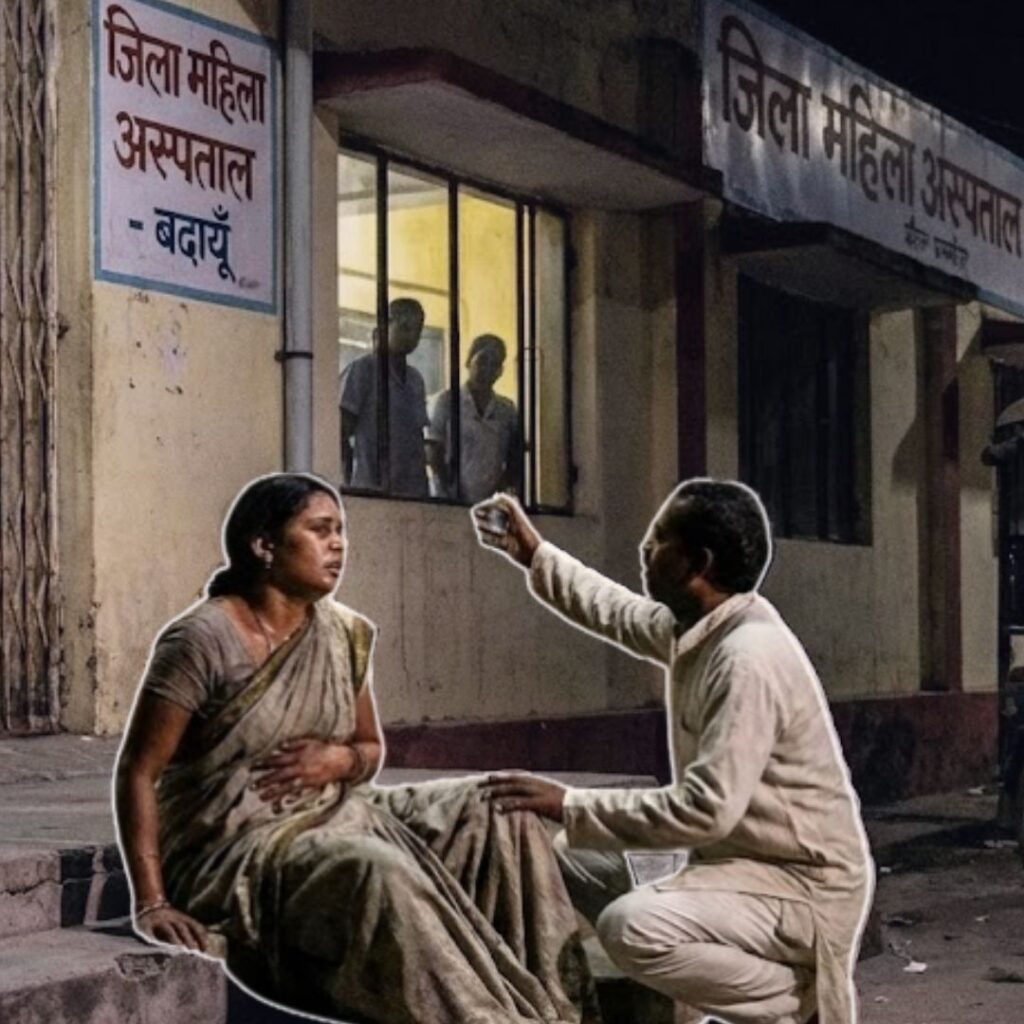Recent revelations from the Central Drugs Standards Control Organisation (CDSCO) have raised significant alarms within the healthcare community, as 53 commonly used medications—including Shelcal 500, PAN-D, and Paracetamol—have been flagged for failing quality tests. This situation not only highlights the critical importance of drug safety but also calls for a more conscious approach to medication consumption among consumers.
Overview of Quality Test Failures
The CDSCO’s latest monthly report identified these drugs as “Not of Standard Quality” (NSQ), following routine random sampling conducted by state drug officers. The complete list of affected medications includes:
– Paracetamol IP 500 mg: A widely used pain reliever and fever reducer.
– PAN-D: An antacid commonly prescribed for acid reflux.
– Shelcal: A calcium supplement essential for bone health.
– Glimepiride: An anti-diabetic medication.
– Telmisartan: Used to manage high blood pressure.
– Other notable drugs include Metronidazole, Amoxicillin, and various formulations of antibiotics.
Manufactured by prominent companies such as Karnataka Antibiotics & Pharmaceuticals Ltd, Torrent Pharmaceuticals, and Hindustan Antibiotics Limited, these medications are integral to many patients’ health regimens. The presence of these drugs on the NSQ list raises serious concerns about their efficacy and safety.
Specific Findings from Quality Tests
The quality tests revealed that several medications failed due to issues such as identity verification, content uniformity, and impurity levels. Some drugs were flagged as “spurious,” indicating that they may not have been manufactured according to regulatory standards. This raises critical questions about the integrity of the pharmaceutical supply chain.
Health Expert Insights
Dr. Anjali Sharma, a noted pharmacologist, warns that consuming substandard medications can lead to ineffective treatment or adverse health effects. “Patients must be vigilant about the quality of their medications,” she advises. “Consulting healthcare providers before starting any new drug is essential.”
Recommendations for Consumers
To ensure safety when consuming medications, consumers should:
– Stay Informed: Regularly check lists of drugs that have failed quality tests published by regulatory authorities.
– Consult Healthcare Professionals: Discuss any concerns regarding prescribed or over-the-counter medications with a doctor or pharmacist.
– Report Issues: If experiencing unexpected side effects from any medication, report them promptly to a healthcare professional.
– Consider Alternatives: If your medication is on the NSQ list, consult your healthcare provider for alternative treatments.
Regulatory Actions and Responses
In light of these findings, some pharmaceutical companies have responded by asserting that the flagged batches are counterfeit and not produced by them. Ongoing investigations are aimed at determining accountability within the industry. Additionally, it is important to note that in August 2023, CDSCO banned over 156 fixed-dose drug combinations that posed risks to human health, reflecting a commitment to enhancing drug safety standards.
The Logical Indian’s Perspective
At The Logical Indian, we believe that health is a fundamental right and that access to safe and effective medications is crucial for all individuals. The recent failures in quality testing underscore the need for transparency and accountability within the pharmaceutical industry. We advocate for peace, dialogue, and empathy in addressing these issues, fostering a community where consumers can make informed choices about their health.
As we navigate this concerning landscape, we invite our readers to reflect on their own experiences with medication safety. How can we collectively ensure that our healthcare systems prioritise quality and integrity? Share your thoughts in the comments below! This revised article aims to provide comprehensive information while encouraging informed consumer choices and community engagement around health issues.











